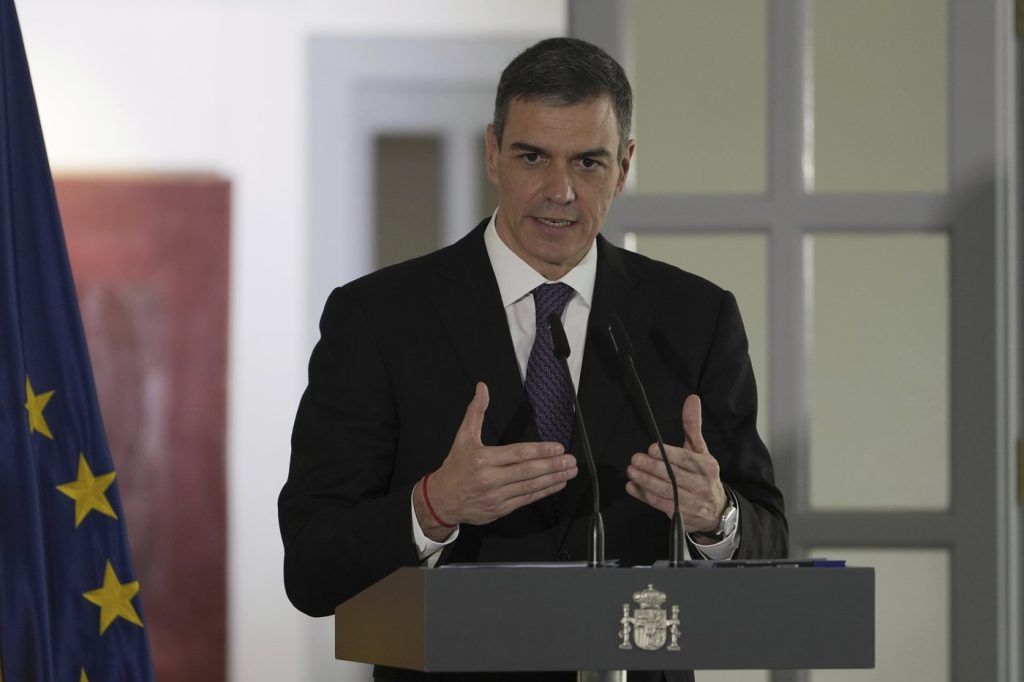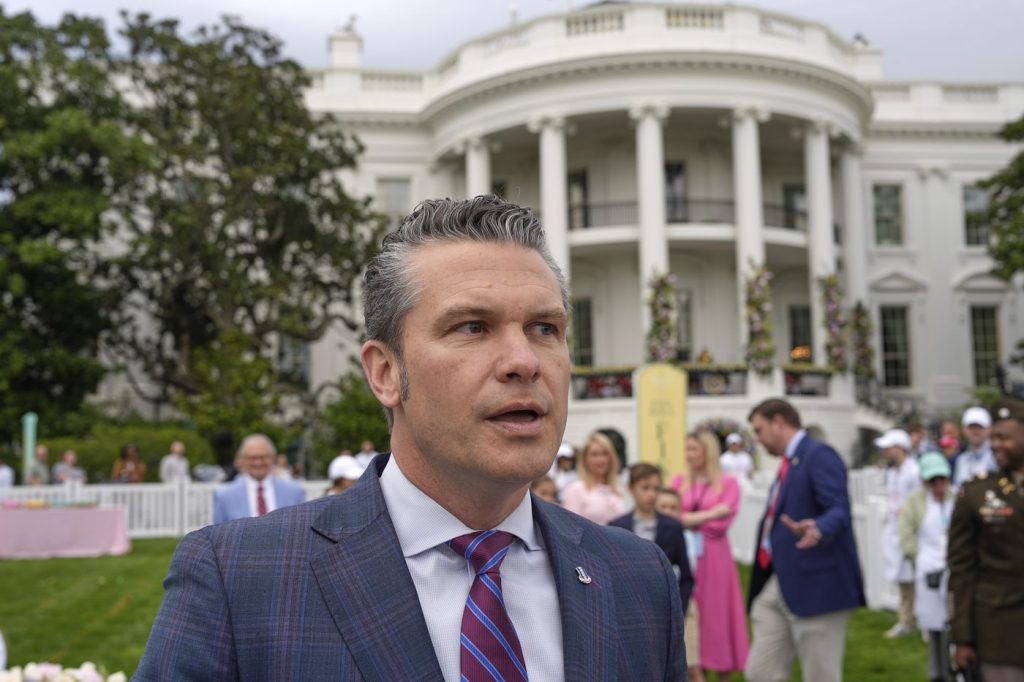MADRID - Spain will meet NATO's defense spending target in 2023, according to Spanish Prime Minister Pedro Sánchez. Under growing pressure on the fourth-largest economy in the eurozone to increase military spending, Sánchez announced that the government plans to raise defense expenditure by 10.5 billion euros ($12 billion) to achieve NATO's goal of 2% of GDP.
This boost in spending will be allocated towards various initiatives, including telecommunications, cybersecurity, military equipment procurement, salary increases for military personnel, and the addition of new troops. Until now, Spain had been the lowest spender on defense among all NATO members relative to its GDP, previously committing to meet the 2% target by 2029. However, Spain is facing increasing scrutiny over its military expenditure, especially in light of shifting priorities within the transatlantic alliance amid tensions arising from U.S. foreign policy changes.
U.S. President Donald Trump has consistently criticized European allies for their defense spending levels and has advocated for NATO countries to increase their expenditures as high as 5% of GDP. While European nations view Trump's suggested 5% target as unrealistic, NATO leaders are anticipated to set new spending guidelines at the next summit scheduled for this summer in The Hague. NATO Secretary-General Mark Rutte has expressed that the new spending goal should be “north of 3%.”
Addressing the nation, Sánchez highlighted the necessity for Spain to "take control of our own destiny" and contribute to Europe's military modernization in light of what he termed a “changing era.” He acknowledged that his perspective on the government's investment priorities concerning security and defense had evolved, emphasizing that the changes in focus are not due to a shift in values, but rather a response to the changing global landscape.
Sánchez, who leads a minority government with hard-left coalition partners opposing increases in defense and military budgets, stated that his proposed plan for increased defense spending would not require a parliamentary vote. This has raised questions about the internal political dynamics as Spain navigates its commitment to NATO against the backdrop of domestic opposition.
Apart from Spain, there are currently seven other NATO member countries that still spend less than the 2% of GDP target on defense. These nations include Belgium, Canada, Croatia, Italy, Luxembourg, Portugal, and Slovenia. The push for increased defense spending within NATO reflects broader concerns regarding both regional and global security challenges.












